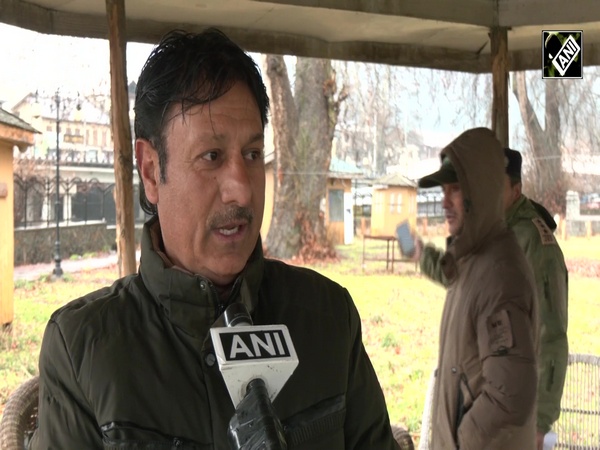Pakistan increases power tariff by Rs 4.8 per unit amid rising inflation
Apr 15, 2022

Islamabad [Pakistan], April 16 : Amid the rising inflation in Pakistan, people will have to pay an additional cost of Pakistan Rupees 4.8 per unit for the electricity they consumed since February.
According to The Express Tribune, the National Electric Power Regulatory Authority (Nepra) jacked up the power tariff by Rs 4.8 per unit on account of fuel cost adjustment (FCA) for the month of February.
Prime Minister Shehbaz Sharif allowed the power distribution companies to charge more from the power consumers thus further burdening the people of the country are suffering from tax increases, higher energy prices.
Power Distribution Companies (DISCOS) will charge fuel cost adjustment (FCA) of February 2022 in the billing month of April 2022 to all consumer categories.
Central Power Purchasing Agency (CPPA-G) had requested the power regulator to allow an increase of Rs4.9441 per unit to burden the power consumers with an impact of Rs38.4 billion.
NEPRA conducted a public hearing on March 31 however, it approved the increase of Rs 4.8530 per unit instead of Rs4.9441 per unit to put an additional burden of around Rs 37.7 billion on power consumers, as per the news paper.
Former Pakistan PM Imran Khan lost power after he lost a no-confidence vote on the issues of inflation and the worsening economic situation of the country put forward by the opposition in the National Assembly.
Pakistanis are facing great difficulties as the current government made tall claims of resolving the persistent issue of load shedding in Karachi. Recently, people had to perform Taraweeh prayers during Ramzan in sheer darkness due to power cuts.
Areas of Karachi include Korangi, Landhi, Railway Colony, Nusrat Bhutto Colony, Khawaja Ajmair Nagri, Paposh Nagar, Liaquat Market, Malir, Gulistan-e-Jauhar Block-2, Korangi Sector 30, 31 and others, reported ARY News.
As the outage issues in Pakistan's major city continues, the prime minister was informed that nine independent power producers (IPPs) had been closed due to non-supply of gas, RLNG and coal, while 18 power plants were not working due to technical reasons.




















